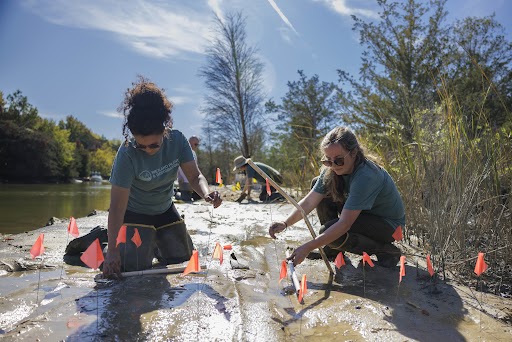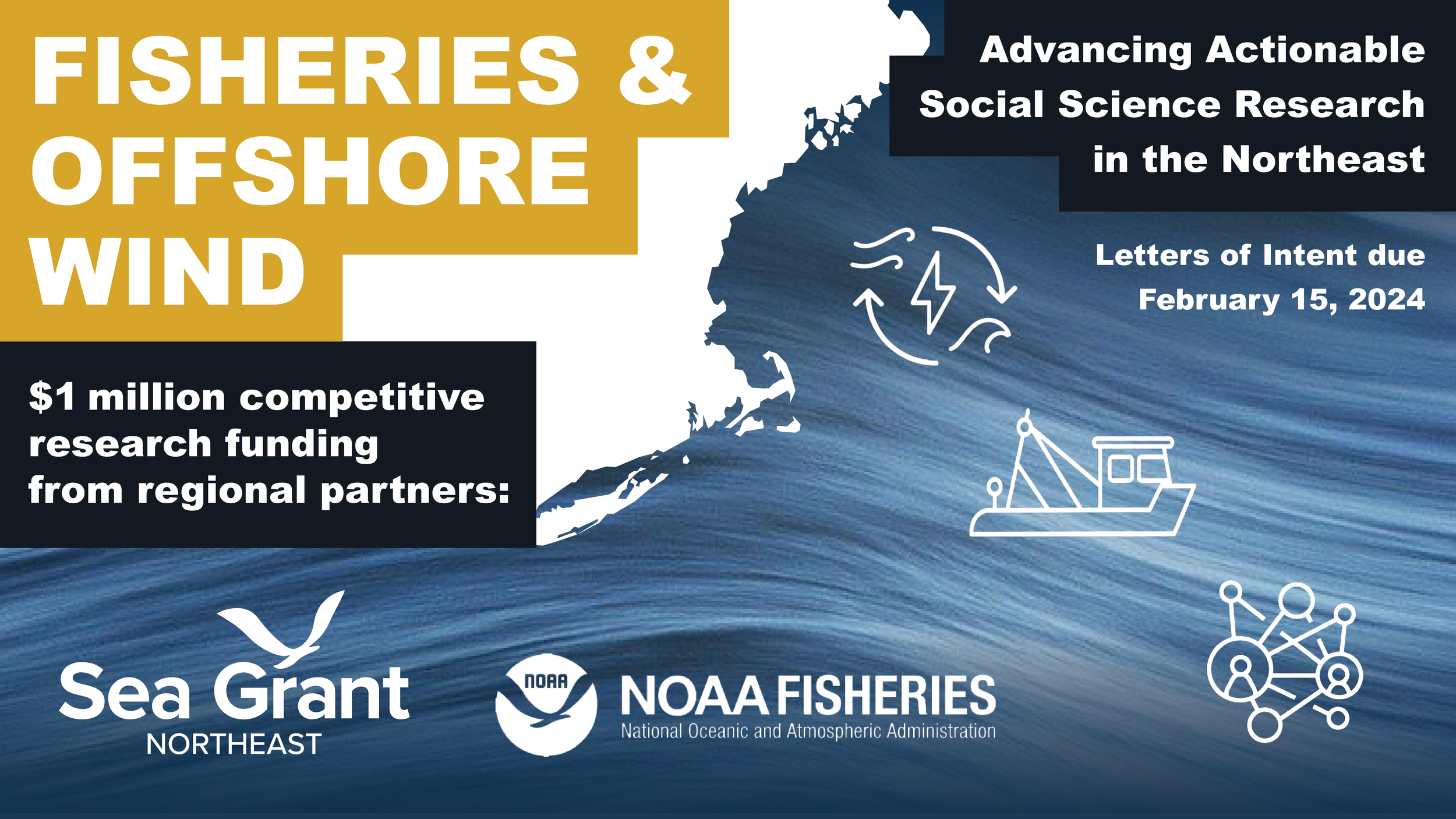Coastal Hazard Specialist at Washington Sea Grant
A skilled science communicator and media spokesperson, Dr. Ian Miller is Washington Sea Grant’s coastal hazards specialist, working out of Peninsula College in Port Angeles as well as University of Washington’s Olympic Natural Resources Center in Forks. Dr. Miller works with coastal communities on the Olympic Peninsula to increase their ability to plan for and manage coastal hazards, including tsunami, chronic erosion, coastal flooding and hazards associated with climate change. To accomplish this, he uses a suite of tools including outreach, applied research, synthesis of existing science, and coordination to help coastal communities access funding and expertise to achieve their goals and implement their plans.
Before joining Washington Sea Grant, Dr. Miller served as the education director of the Olympic Park Institute and as Washington field coordinator for the nonprofit Surfrider Foundation. Dr. Miller holds a bachelor’s degree in marine ecology at Western Washington University’s Huxley College of Environmental Studies and a doctorate in ocean sciences from the University of California, Santa Cruz. His graduate research focused on the transport and fate of sediment in the coastal zone adjacent to the Elwha River delta. Find him online blogging at the Coast Nerd Gazette.
What is the one thing everyone needs to know about tsunamis?
LARGE tsunamis can happen here, in the Pacific Northwest. They have happened in the past and will happen again.
What is something cool you learned while working on tsunami outreach?
Tsunamis leave a distinct “signature” on the shoreline when they occur, and if you know what to look for, those markings are all over the place in coastal Washington state.
What drove you to work on coastal hazards outreach?
I first got into coastal geomorphology through surfing, and that interest carried me into science. It’s not a far leap from an academic interest in coastal geomorphology to trying to figure out how to predict and manage problems like coastal erosion in support of coastal communities.
How did you get involved with Sea Grant? When did you join Sea Grant?
I started at WA Sea Grant in 2011. I was finishing my PhD and applied for a position in coastal hazards that I saw advertised in my adopted hometown.
What is your favorite part about being a Sea Grant Extension agent?
How varied it is. I work on a variety of different projects and problems.
What is the biggest challenge you face at your job?
How varied it is! I miss getting to focus on one project or problem.
When did you know you wanted to pursue a career in science?
I picked marine science when I was early in high school, but took a “brief” hiatus from science to get into education and advocacy after graduating with my bachelor’s of science. After I became involved with the Elwha restoration in 2006, it reinvigorated my interest in science and I ended up pursuing my PhD with that project.
What part of your job did you least expect to be doing?
I didn’t necessarily expect to continue some of my work studying the coastal response to the Elwha dam removal, but it is one of the more rewarding and valuable components of my job!
What’s at the top of your recommended reading list for someone wanting to explore a career in science?
Find the nearest textbook about probability and statistics. It won’t be super inspirational, but it will pay off over and over again.
And how about a personal favorite book?
Steinbeck’s The Log of the Sea of Cortez: “It is usually found that only the little stuffy men object to what is called “popularization,” by which they mean writing with a clarity understandable to one not familiar with the tricks and codes of the cult. We have not known a single great scientist who could not discourse freely and interestingly with a child.”
Do you have an outside hobby?
I used to have all sorts of interesting hobbies. Now I mostly wrangle my two young boys, try to keep them alive and myself fed and showered. That is about all I can handle.
What surprised you most about working at Sea Grant?
How little, as a field agent, that I actually work with other Sea Grant staff. I spend most of my time directly engaging managers, coastal communities, tribes and local leaders.
Check out our whole Tsunami Preparedness Week Profile Series:
Spotlight on Dr. Kwok Fai Cheung


